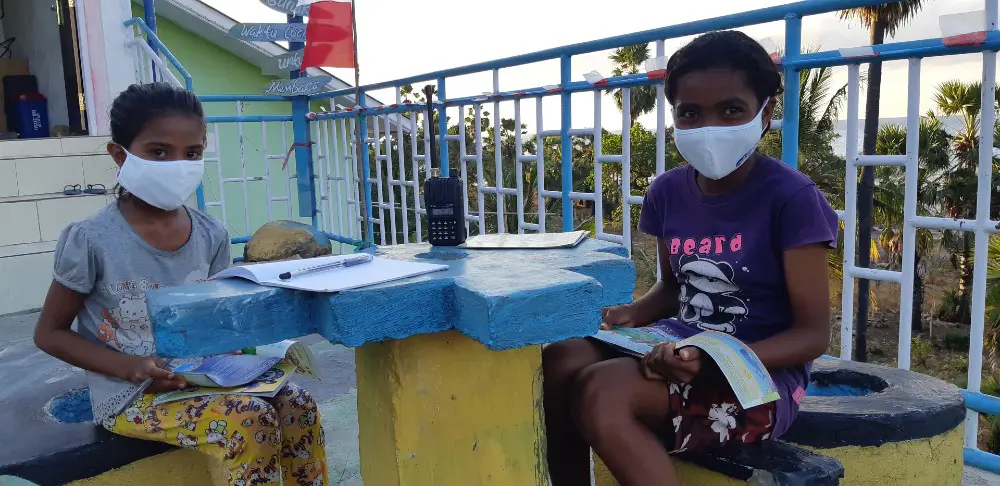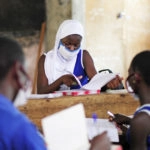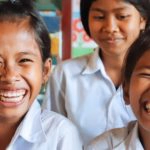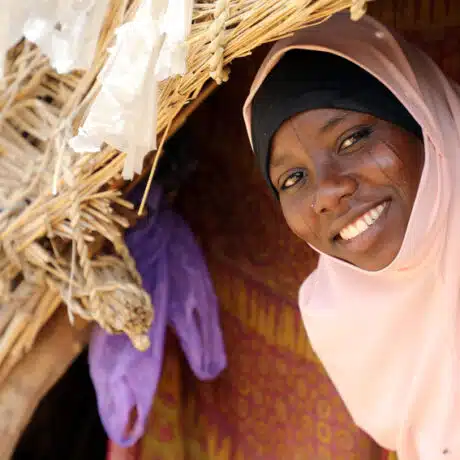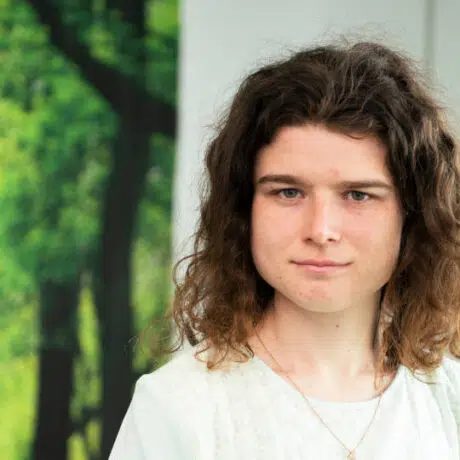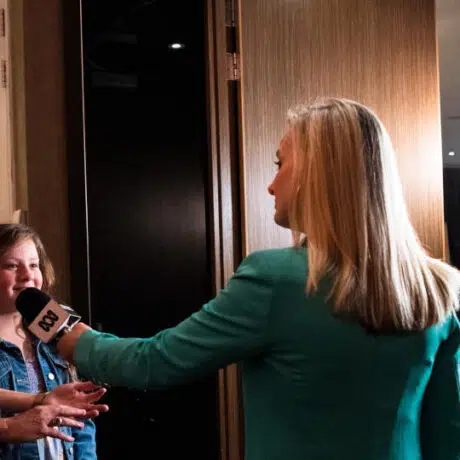News and Stories - Girls Rights - 6 April 2021
Every child = equal
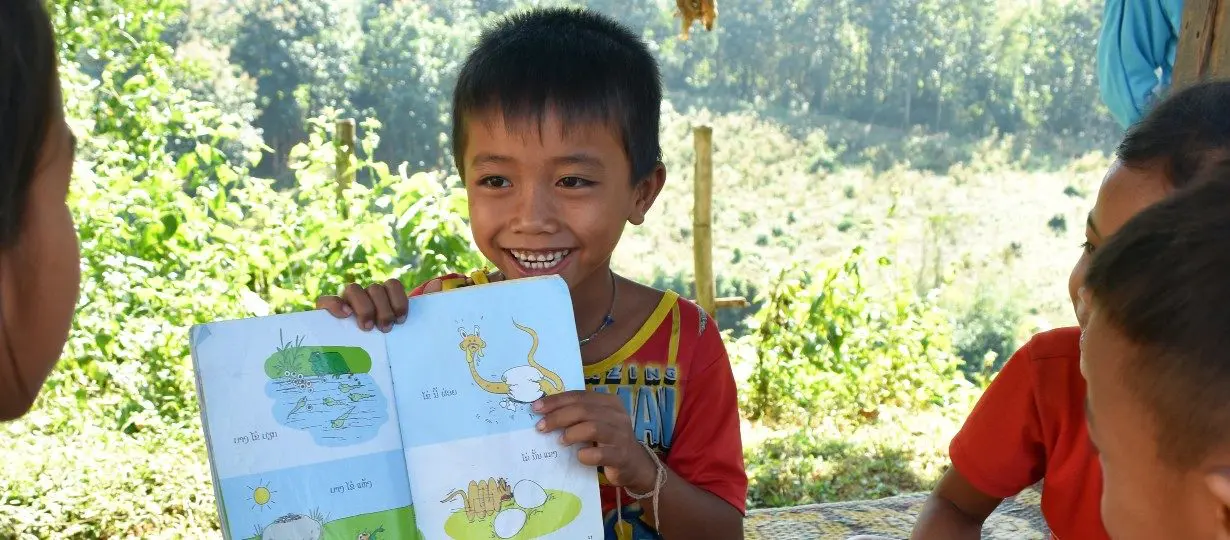
If we want to end inequality, we must address it at all levels of the community.
A lot of the time that means we’re focusing on the barriers that see girls disproportionately affected, whether they’re being forced into child marriage, subjected to harmful practices like Female Genital Mutilation (FGM), or pushed out of school because their education isn’t considered a priority.
Addressing barriers to equality means that we’re working to make sure no one misses out – girls, or other marginalised children and young people, including children with disability, ethnic minority children and children living in remote communities.
One example of this is our approach to education. Your support allows us to provide scholarships and school materials to children who may not have access to the resources they need to succeed. It enables us to run school feeding programs to make sure kids have enough energy to get through the school day, regardless of their family’s situation. And it helps us to engage with parents and caregivers, to provide information about the value of education in their children’s lives.
Seuk and Nak live in Laos. Helena is from Indonesia. Though they are all enrolled in school, they face three very different obstacles that make learning difficult. Find out how we’re tackling these barriers to ensure Helena, Seuk and Nak can all reach their full potential.
Meet Seuk
7-year-old Seuk is a part of an ethnic minority group living in Laos. His family don’t speak Lao at home, making progress at school much harder. “Education is important for everyone, in particular ethnic minority girls and boys who often face difficulties when starting their primary education,” explains Seuk’s mother Lai, 26.
We’re working to support children like Seuk by setting up reading clubs in his community, where children can come together after school to read books, play games and sing songs in the Lao language.
“Every Friday, I join the reading club after school. I like playing with my friends and sharing stories with them. I feel happy and enjoy learning,” Seuk tells us. “Lao language and maths are my favourite subjects because I love reading storybooks and calculating.”
When asked about her own hopes and dreams, Lai’s thoughts are on her son’s future. “Like other parents in general, I wish I could support my son’s education and hopefully, he will get a job after graduating. Whatever his dream is, my husband and I will support him.”
And despite only being seven years old, Seuk is thinking about the future too. “Today, when someone is sick, they need to walk for three hours to get to the clinic in another village. It’s difficult if you don’t have a scooter. If possible, I want to open a pharmacy or a health clinic in my community.”
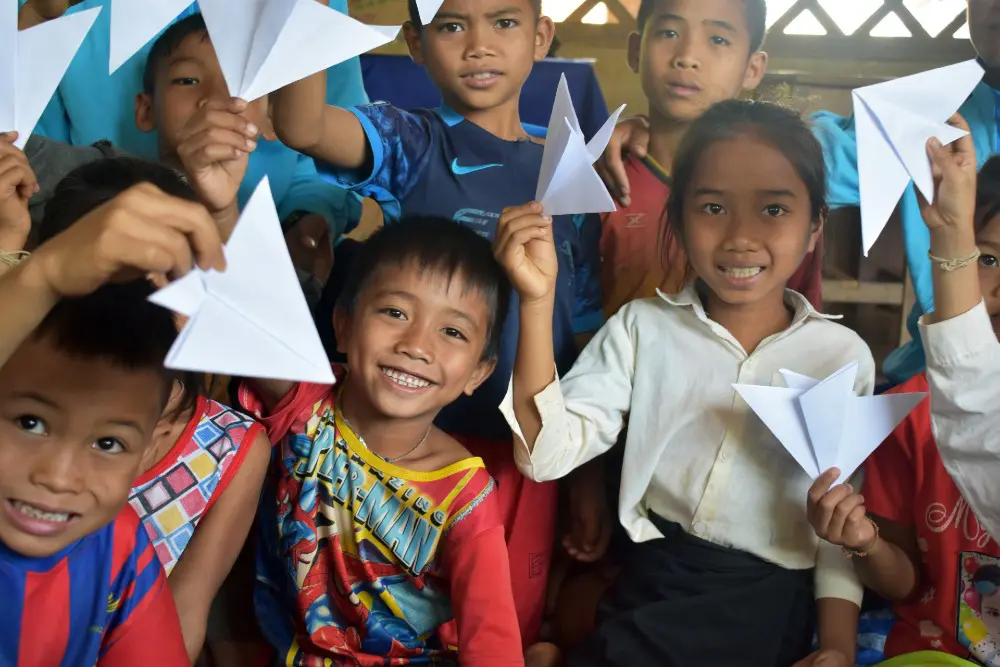
Photo: Seuk (middle) 7, and his friends show off their paper aeroplanes made at the reading club. © Plan International Australia
Meet Helena
12-year-old Helena is part of Plan International’s sponsorship program. She lives in a remote area of Indonesia, where lack of internet access and distractions at home have made distance learning during the COVID-19 pandemic very difficult.
“I don’t like staying at home because I can’t see my friends and teachers,” she explains. “It’s challenging to study at home for hours. A lot of the time I have to cut my learning sessions short as I also have to do the daily chores to help my mother.”
To prevent students in remote areas from being digitally excluded from learning, Plan International Indonesia, in collaboration with school authorities, local government and Community Disaster Preparedness Teams have introduced an alternative learning tool – the ‘handy talky’ (HT).
The HT is a radio device that allows children to learn by gathering in study groups (while adhering to health protocols). One device is installed at school, while the other is installed in each study group location, allowing students to participate in distance lessons for two hours a day.
“Learning using HT device helps a lot since my schoolmates and I directly listen to the voices of our teachers so there is a passion for learning.” Explains Helena. “It boosts our mood to study. It feels like we return to school even if it is only for a short time.”
